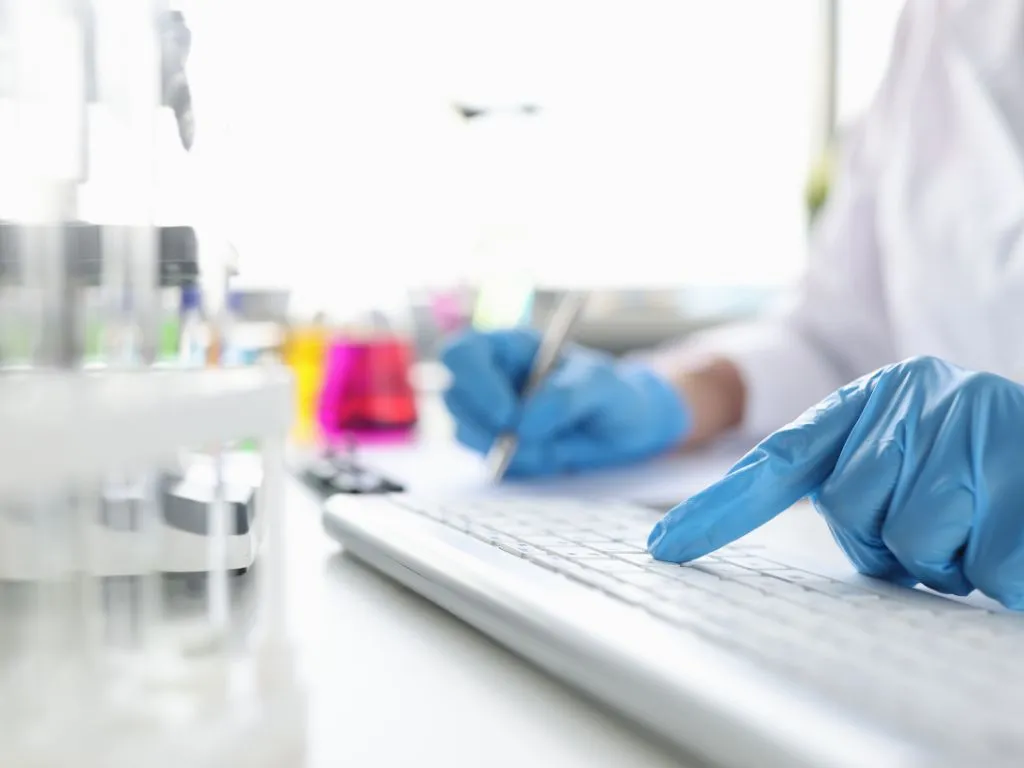- Home
- News Details
News Details

FDA Investigates Tampon Safety After Study Reveals Heavy Metals: New Lab Tests Underway
2024-09-19 Reference source : Food and Drug Administration (FDA)
Alternatives to testing Chemical industry Human health exposure Metals Product testing Risk assessment Medical devices Chemical Safety
On September 10, 2024, the Food and Drug Administration (FDA) acknowledged concerns regarding the safety of tampons after a 2024 study found metals in tampons during laboratory testing. To be legally sold in the U.S., tampons must adhere to FDA standards for safety and effectiveness. Manufacturers are required to test the product and its materials at various stages of production. Additionally, biocompatibility testing, conducted by the manufacturer and reviewed by the FDA, is a crucial part of the safety evaluation before a product can be approved for market use.
Study:
Researchers at the University of California, Berkeley, have identified several toxic metals in tampons from 14 major brands across 30 different product lines. The study detected varying levels of arsenic, barium, calcium, cadmium, cobalt, chromium, copper, iron, manganese, mercury, nickel, lead, selenium, strontium, vanadium, and zinc. However, the research did not investigate whether these metals are released during tampon use, absorbed into the vaginal lining, or enter the bloodstream.
Notably, the study found lead and other toxic metals in some products, which is concerning because lead has no known safe exposure level. Further research is needed to confirm these findings and explore if these metals can leach out and affect systemic health.
Action by FDA:
All tampons currently approved by the FDA have been assessed according to the guidance document Menstrual Tampons and Pads: Information for Premarket Notification Submissions (510(k)s) and have been found to meet FDA premarket requirements.
The Biocompatibility and Toxicology Program at the FDA’s Center for Devices and Radiological Health (CDRH) ensures that medical devices are safe and effective through regulatory science research.
The FDA has launched an independent literature review and an internal laboratory study to assess metals in tampons. The laboratory study will simulate typical use conditions to gauge metal release and help the FDA evaluate potential risks. Findings will be shared publicly after peer review. The FDA will maintain oversight of tampons as part of its comprehensive total product lifecycle approach to medical devices.
We acknowledge that the above information has been compiled from Food and Drug Administration (FDA).
Global Product Compliance (GPC) specializes in Global Regulatory Compliance Solutions across sectors
globally. SSS Europe, a familiar name in chemical regulatory and compliance services now formally belongs
under the umbrella of GPC Holding Sweden.
Since 2008, we have emerged as one of the leading names among Global Regulatory Compliance Service
Providers with Representation services in Europe, Asia and Middle East for respective chemical
regulations.

 Twitter
Twitter
